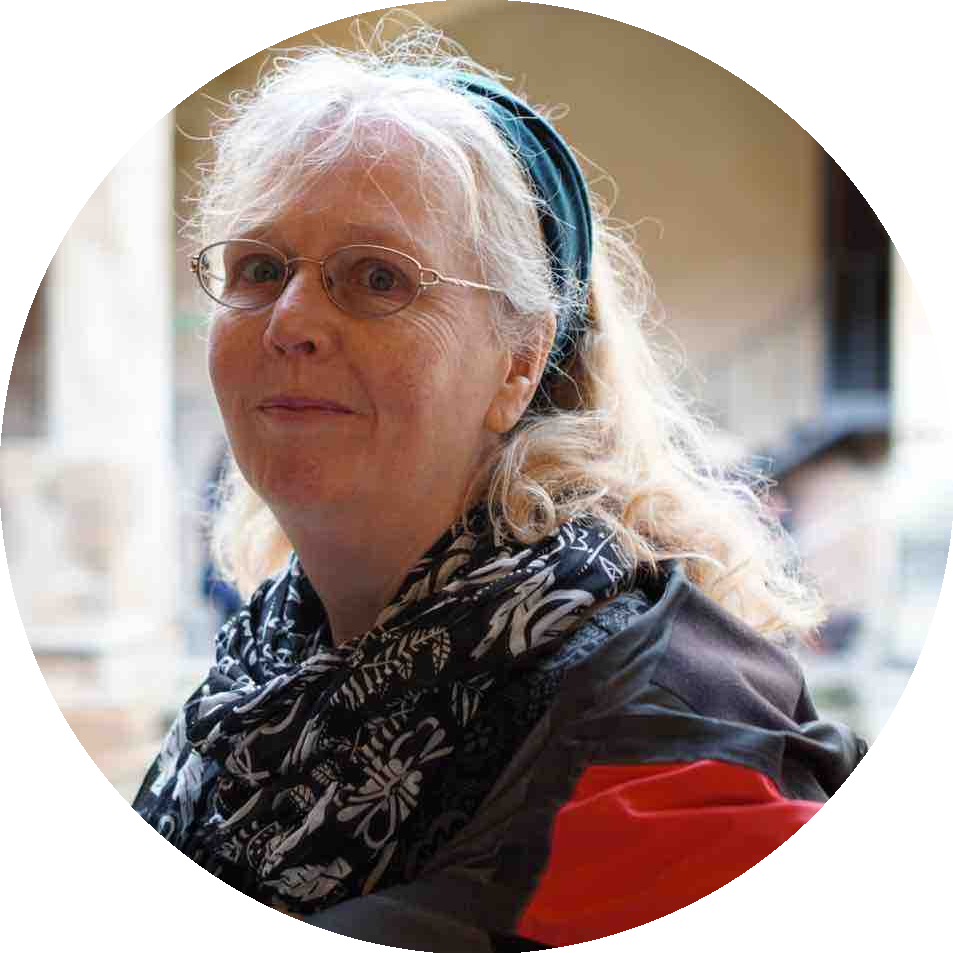Skills for Prosperity Kenya
Strengthening digital education capacity for selected Public Higher Education Institutions (HEIs), in Kenya.
-
Skills for Prosperity Kenya is a programme funded to strengthen existing digital (online, blended) education capacity for selected Public Higher Education Institutions (HEIs).
Overview
Skills for Prosperity Kenya, is a 30 month, UK Government Foreign, Commonwealth and Development Office (FCDO) funded programme to help increase capacity for inclusive economic growth in Kenya due to more productive and equitable skills sectors improving employability, employment opportunities and the earning potential of beneficiaries. The programme consortium includes the OU, the International Labour Organisation and is led by Leonard Cheshire.
Learn about the UKAid-funded Skills for Prosperity programme with this two-minute video.
The programme aims to:
1. Strengthen education and industry links
2. Develop an enabling environment for a strong skills ecosystem
3. Improve access to Higher Education (HE) and Technical and Vocational Education and Training (TVET) for marginalized and unemployed youth
More Kenyans than ever are studying at university. Since 2008 the higher education (HE) sector in Kenya has expanded rapidly to 74 universities. By 2018, enrolment had more than doubled to 538,820 (CUE, 2019), with a 11.46% Gross Enrolment Ratio (UNESCO, 2020), including a 58:42 ratio of Men and Women enrolling in HE, a gender ratio gap which is slowly narrowing. According to the World Bank Report, Improving Higher Education Performance in Kenya (2019), this is slightly higher than the regional average of 9.3 percent but much lower than the upper-middle-income economies that Kenya aspires to emulate.
Enhancing and scaling quality Online Distance Learning (ODL) as a means of improving access to HE and developing a skilled workforce, is a priority for the Kenyan government.
Many universities in Kenya have made significant steps towards setting up ODL departments and increasing the number of ODL degrees on offer. Throughout 2020, the COVID-19 pandemic required many institutions to shift their teaching to remote or distance modes, accelerating the use of ODL in some form.
As part of the SFPK programme the OU’s Institute of Educational Technology (IET) is leading the implementation of two key programme areas:
- Baseline capacity training in digital (online, blended) education for 29 public HEI’s staff.
- Capacity building for 8 selected Public HEIs to strengthen their existing digital (online, blended) education delivery capacity and inclusivity, and improve their digital (online, blended) education learning and teaching content and/or services.
This project is also aligned to the Learning in an Open World research programmes in IET.
The role of IET
Drawing on institutional knowledge and expertise of providing quality, open and distance learning opportunities, at scale, the OU is providing technical assistance in the form of advisory support and training to support the acceleration of ODL capacity building and quality improvement in Kenya. IET Director, Prof. Denise Whitelock, is the PI leading this innovative research programme of technical assistance in the form of advisory support to the Government of Kenya and training for 320 staff at 37 public universities.
Led by Dr Fereshte Goshtasbpour, a team of experts from IET are implementing the capacity building programme, with Prof Rebecca Ferguson, Dr Beck Pitt and Dr Simon Cross working to develop the capacity strengthening response plans, training content and assessment and evaluation to help strengthen existing digital online education capacity and inclusivity, across the 37 selected public universities.
The project is managed by Olivier Biard (Global Development, Knowledge Exchange and Research), Programme Manager, drawing on international development and project management capabilities and expertise in the Global Development, Knowledge Exchange and Research, ensuring project planning, implementation, compliance and accountability to partners and funder.
Impact
The following case studies show feedback from participants of the Skills for Prosperity Kenya programme, who have taken part in the online capacity development training led by IET. These ten case studies include a short biography of the participants, their self-reported scores for different digital skills (before and after the training), and a quotation from participants that reflects on the impact of training, and considers future plans to implement what they have learned.
- Case study one: Lecturer, Agricultural Sciences, Female
Download case study one here. (PDF 232KB) - Case study two: Director, Male Open and Distance eLearning Centre, Male
Download case study two here. (PDF 230KB) - Case study three: Director of Quality Assurance, Male
Download case study three here (PDF 233KB). - Case study four: Lecturer of Biotechnology, Female
Download case study four here. (PDF 268KB) - Case study five: Mathematics Educator, Female
Download case study five here. (PDF 228KB) - Case study six: ICT Officer, Female
Download case study six here. (PDF 198KB) - Case study seven: Lecturer in Nursing, Female
Download case study seven here. (PDF 196KB) - Case study eight: Professor, Deputy Vice-Chancellor Academic, Female
Download case study eight here. (PDF 239KB) - Case study nine: Professor, Deputy Vice-Chancellor (academic and student affairs), Male
Download case study nine here. (PDF 206KB) - Case study ten: Web administrator, Male
Download case study ten here. (PDF 228KB)
In addition, the following videos have been produced with successful participants of the digital education training. In these videos, participants from universities across Kenya share the impact that the course has had on their pedagogy, policy and practice. Access a playlist of the videos here.
People
Expertise
Funders
- UK Government Foreign, Commonwealth and Development Office (FCDO)
Partners
- Government of Kenya, Ministry of Education
- Leonard Cheshire
- International Labour Organisation




